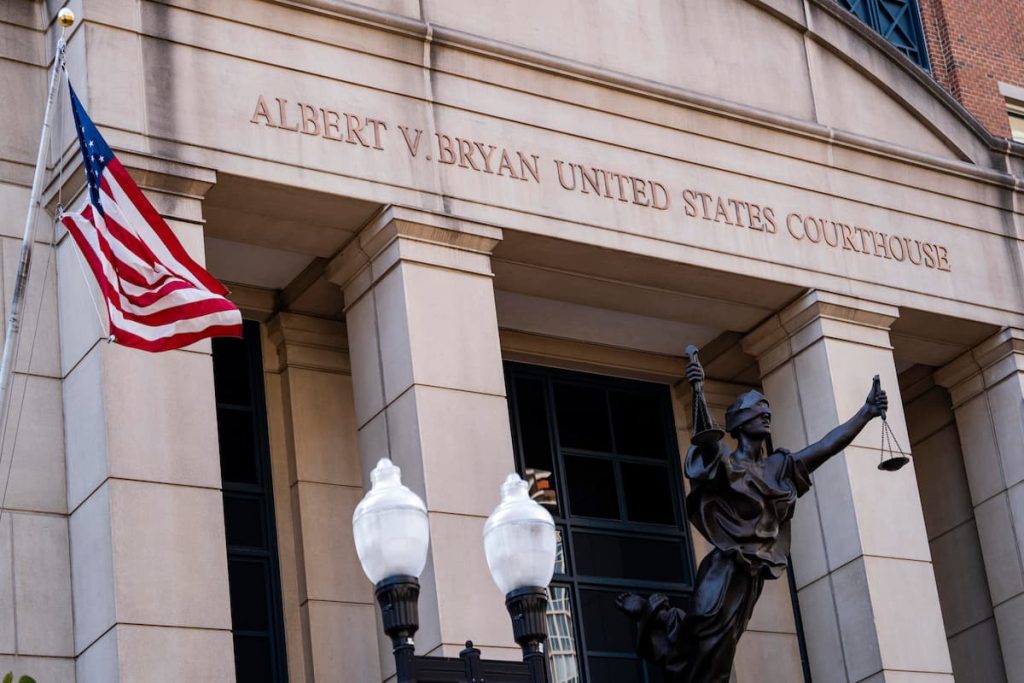Prosecutors Raise Concerns About Patrick Fitzgerald’s Role
Justice Department prosecutors are challenging whether former FBI Director James Comey’s lead defense attorney, Patrick Fitzgerald, can represent him fairly in an ongoing legal dispute, citing what they call a “potential conflict and disqualification issue.” The concern centers on allegations that Fitzgerald may have been involved in the dissemination of classified material in 2017 — claims that Comey’s legal team has labeled “provably false.”
In a filing late Sunday, prosecutors said “quarantined evidence” in the case includes communications between Comey and Fitzgerald. They argued that “based on publicly disclosed information, the defendant used current lead defense counsel to improperly disclose classified information.”
Comey’s defense team pushed back firmly, pointing to a previous Justice Department inspector general report that had already cleared Comey of leaking classified material. “The report found no evidence that Comey or his attorneys released any of the classified information contained in any of the Memos to the media,” Fitzgerald wrote in his response filed Monday.
Background on the Dispute
The conflict stems from events following Comey’s firing by President Donald Trump in May 2017. After his dismissal, Comey sought legal advice from Fitzgerald regarding what he described as “unlawful behavior” he had witnessed from the president. At the time, Comey had authored seven contemporaneous memos documenting his interactions with Trump.
Those memos later became central to investigations into Trump’s conduct and alleged obstruction of justice. According to Fitzgerald, the documents were unclassified when Comey shared them with his legal team, as Comey was the “Original Classification Authority.” Fitzgerald noted that the government later chose to “upclassify” the memos, but emphasized that “a later upclassification does not change the fact that when the memoranda were initially transmitted, they were in fact unclassified.”
Legal Experts Weigh In
Former federal prosecutor and CNN legal analyst Elie Honig described the Justice Department’s move as a “dicey situation,” noting the ethical challenge of an attorney potentially serving as both lawyer and witness in the same case. “You are never supposed to be both a lawyer and a witness,” Honig said. “If Fitzgerald was part of one of these chains of leaks that Comey allegedly set up, even as a witness, he generally cannot then be a defense lawyer in the case.”
Comey’s team, however, maintains that the DOJ’s filing is part of an “effort to defame” the former FBI director, who was dismissed just months into the Trump administration amid the agency’s probe into Russian interference in the 2016 election.
What’s Next
The court will now have to decide whether Fitzgerald’s representation presents an actual conflict of interest or merely a theoretical one. If prosecutors succeed, Comey could be forced to seek new counsel — a move that could delay proceedings and further complicate an already politically charged case.
For now, Fitzgerald continues to represent Comey, asserting that the government’s claims “lack factual and legal basis.” The dispute adds another layer to the long-running tension between Comey, the Justice Department, and the Trump-era political fallout that continues to shape Washington’s legal battles.


